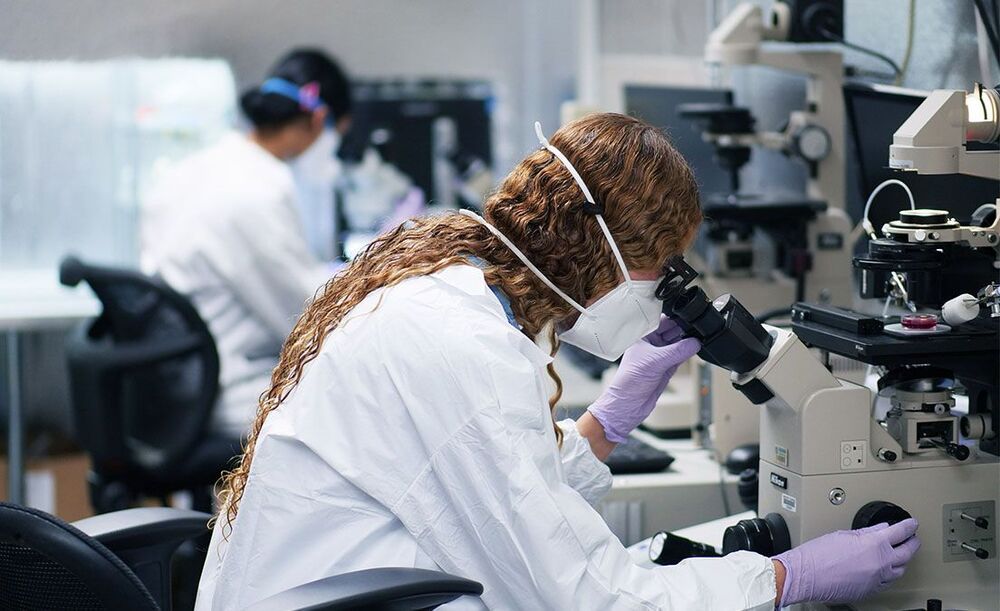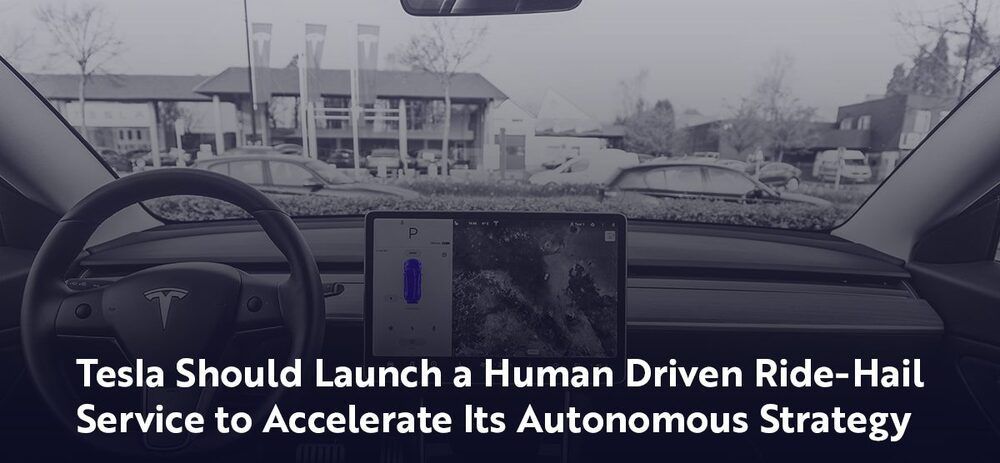Longevity biotech firm BioAge Labs is readying itself for clinical trials after raising a whopping $90 million Series C funding round. The company revealed it will be moving its lead platform-derived therapies, BGE-117 and BGE-175, into Phase 2 clinical trials in the first half of 2021.
Longevity. Technology: As the developer of an AI platform that maps the molecular pathways impacting human Longevity, we’ve followed developments at BioAge with great interest. With two compounds ready to enter the clinic next year, and more on the way, this company is fast-becoming one of Longevity’s most exciting prospects.
The new funds will be used to develop BioAge’s portfolio of therapies for increasing healthspan and lifespan, as well as to augment its AI platform, and further expand its capabilities to test drug candidates in predictive models of human diseases of aging.




